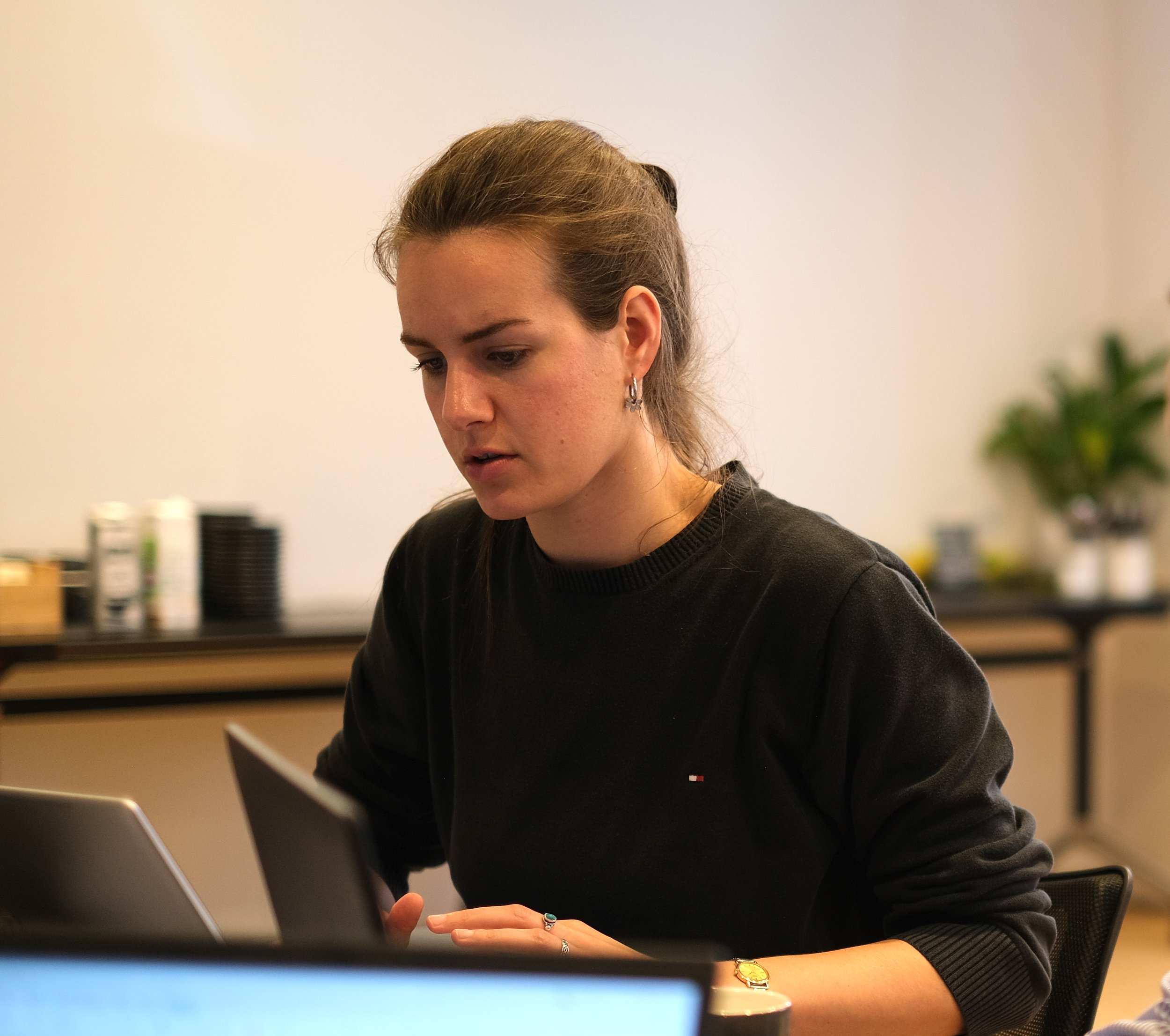“Lawyers should be able to carry out their work without fear of reprisals” Tara Fiechter - Lawyers for Lawyers
Tara Fiechter works as a Programme Officer for Lawyers for Lawyers, an NGO working to promote the independence of the legal profession worldwide by supporting lawyers who are at risk because of their work
What does the change you are trying to achieve look like? Why is the EU important?
We want all lawyers around the world to be able to carry out their work without fear of reprisals, both from State or non-State actors. Our aim is to end all interference with the work of lawyers, thereby safeguarding access to justice for all.
We are often involved at UN level and have a well-established international network. Unfortunately, we’ve seen an increasing number of attacks on lawyers, also within Europe. It’s crucial to give more visibility to this issue at EU level.
In Europe we have been engaging with other networks of lawyers and provided input to the European Economic and Social Committee (EESC)’sd-Hoc Group on Fundamental Rights. We occasionally work with local EU partners for advocacy purposes, such as in-country lobby following submissions to UN human rights mechanisms.
We are a growing organisation and are currently exploring ways in which we can expand our work to engage with the different EU institutions and their ongoing efforts to strengthen democracy and the rule of law worldwide. Given the cross-cutting nature of our mandate, this could mean targeted advocacy in the fringes of the EU’s political and human rights dialogues or in the context of sustainable development and bilateral trade agreements.
Which challenges are you facing?
We face several challenges. One is how to escalate attacks on lawyers effectively, as this niche group of human rights defenders does not naturally gravitate towards the limelight. Generally, geopolitical or economic interests tend to override human rights concerns. It’s difficult to convince governments to speak out about threats against lawyers or improve the protection of the legal profession. Therefore we have to push harder to make our concerns visible - not everyone recognises the urgency.
There’s also a lot of fear of reprisals among lawyers, primarily regarding their clients’ cases but also on a personal- and family level. It is sometimes difficult to maintain networks in certain countries where the repression reaches such levels, and to continue to shed light on the threats they face.
One tip you want to share with other public interest advocates?
Try to engage directly with human rights defenders on the ground, in our case lawyers specifically, as much as possible. They know best what change is required and any support provided by international NGOs should be needs-based, first and foremost.
I would also recommend reaching out to people outside your ‘bubble’, rather than only speaking to like-minded people. This enables you to get a different perspective and will simultaneously probe you to find other ways to make everyone understand why the difference you are trying to make is so important.
Talk to everyone!

